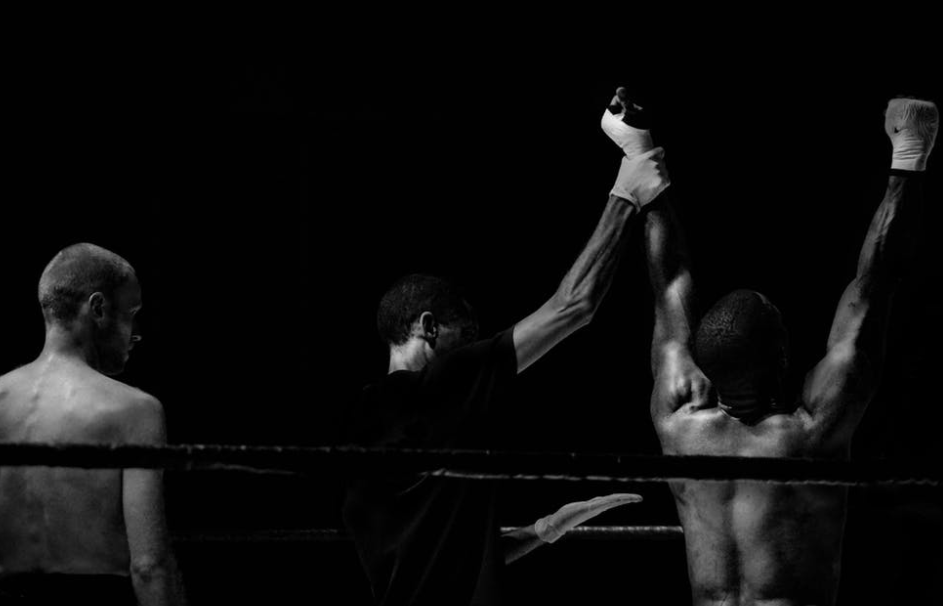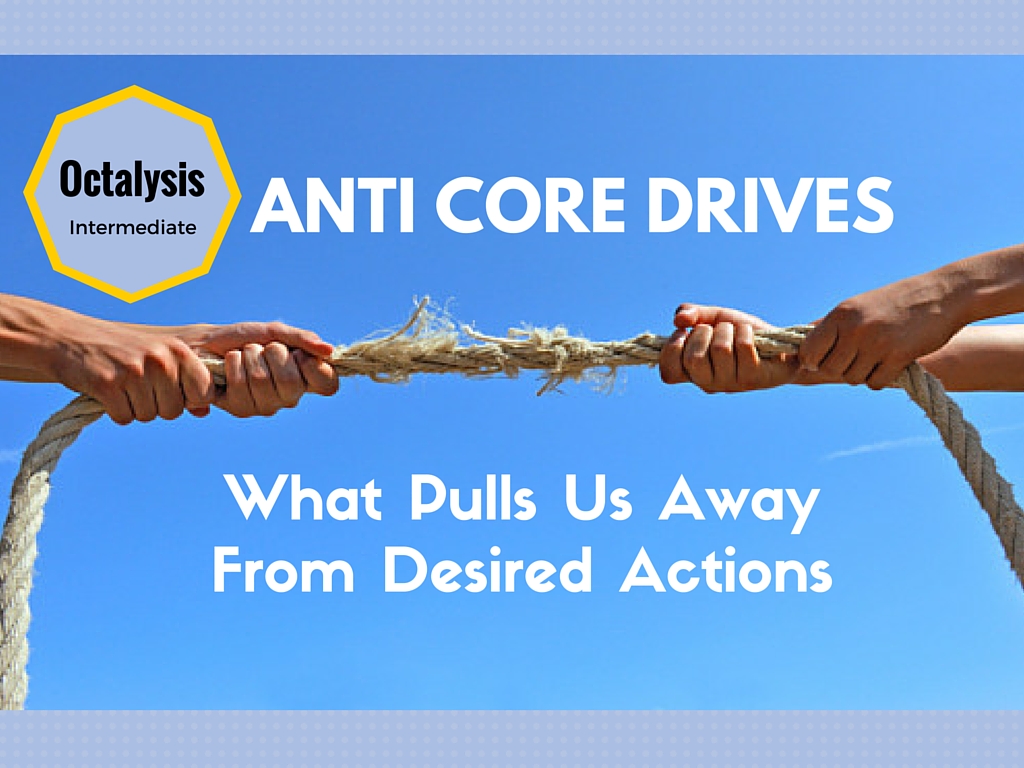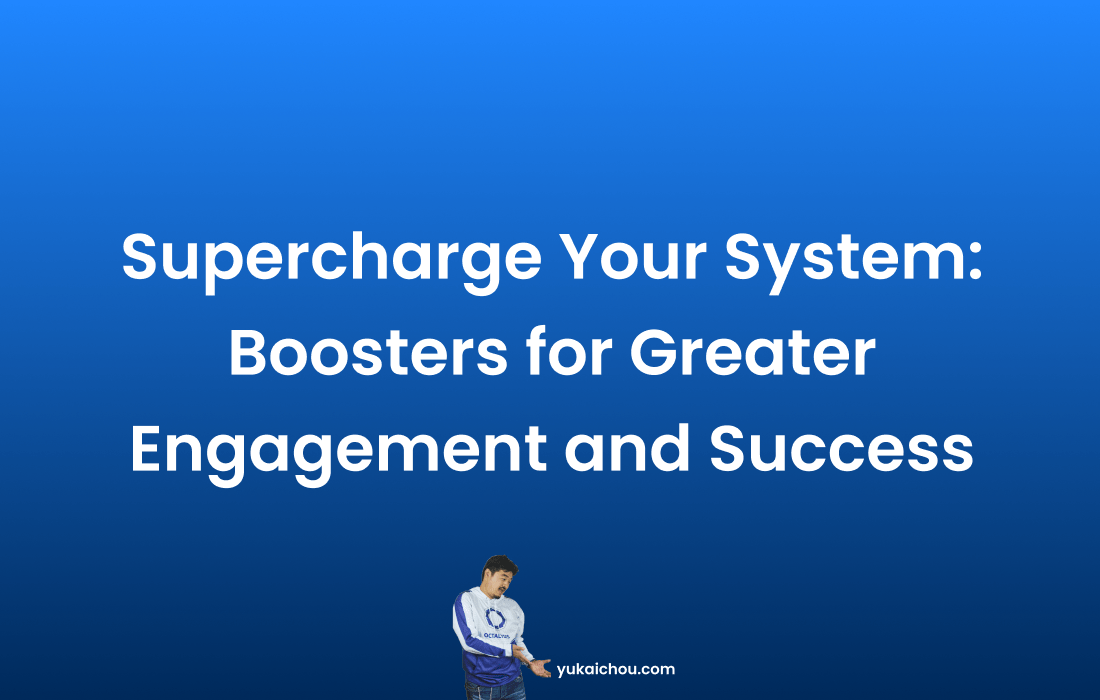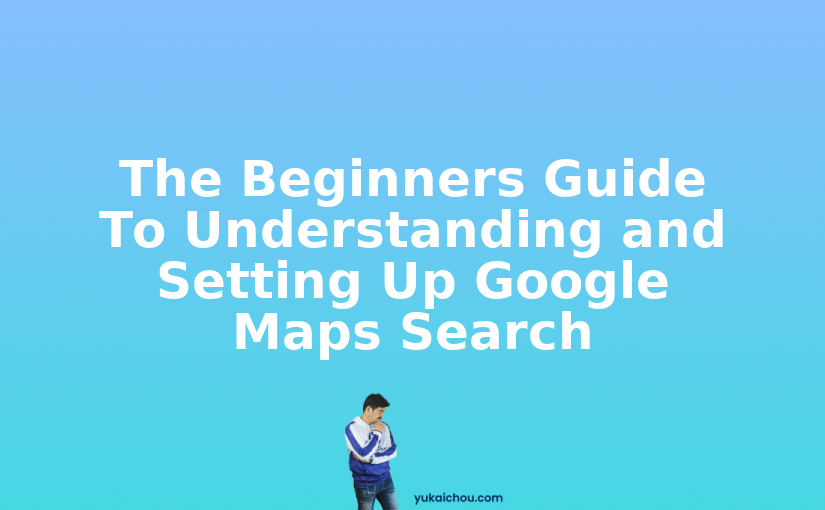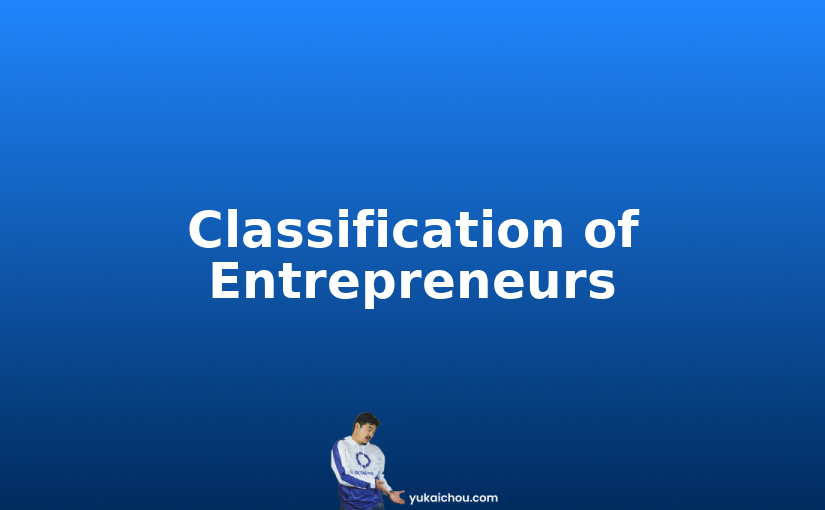This continues the Readalong by Erik van Mechelen of Jane McGonigal’s ‘Reality is Broken’ with insights from Yu-kai Chou’s Octalysis framework. For in-depth discussions of this book and others, join Octalysis Prime.
tl;dr We need to create more moments and chances for epic wins.
Summary
Experimental games like The Extraordinaries, Groundcrew, and Lost Joules give players the chance to experience epic wins in their daily lives. Compared with games, reality is unambitious. Games help us define awe-inspiring goals and tackle seemingly impossible social missions together.
Analysis
The Extraordinaries was a great example of a micro-task on-demand app for non-profits. It hasn’t taken off since its launch in 2009, though the company did raise a seed round of funding in 2011. My guess is that Kickstarter and Patreon are filling this void.
Groundcrew was an early version of Fiver or TaskRabbit for the real world. Players can ask for help in the real world, even for something as basic as a latté, and another player can bring it to her.
I agree with McGonigal’s focus on designing social participation tasks as well as human intelligence tasks.
Amazon’s Mechanical Turk seems to have grown into the lasting and scalable version for human intelligence tasks.
Lost Joules doesn’t seem to have a successor, except that many smart environmental devices come equipped with their own usage data interfaces (think Nest).
Overall, McGonigal was right about the scalability of seemingly impossible missions, but some areas, like climate change, global economic crises, food insecurity, geopolitical instability, and rising rates of depression are still open to gameful design at a large scale social level.
One quip I have with this chapter is its focus on the large scale. I doubt McGonigal intends to suggest that small wins in our daily social lives don’t matter, but by focusing only on the large scale she does suggest that many things need to be bigger and better to draw our motivational attention. In my personal life, there are many small things I do to contribute to progress on a social level in my community (like small talk, volunteerism).
What do you think?
What social movements could benefit from a more focused behavioral design?
Let me know in the comments or on Octalysis Prime‘s community (paywall).



